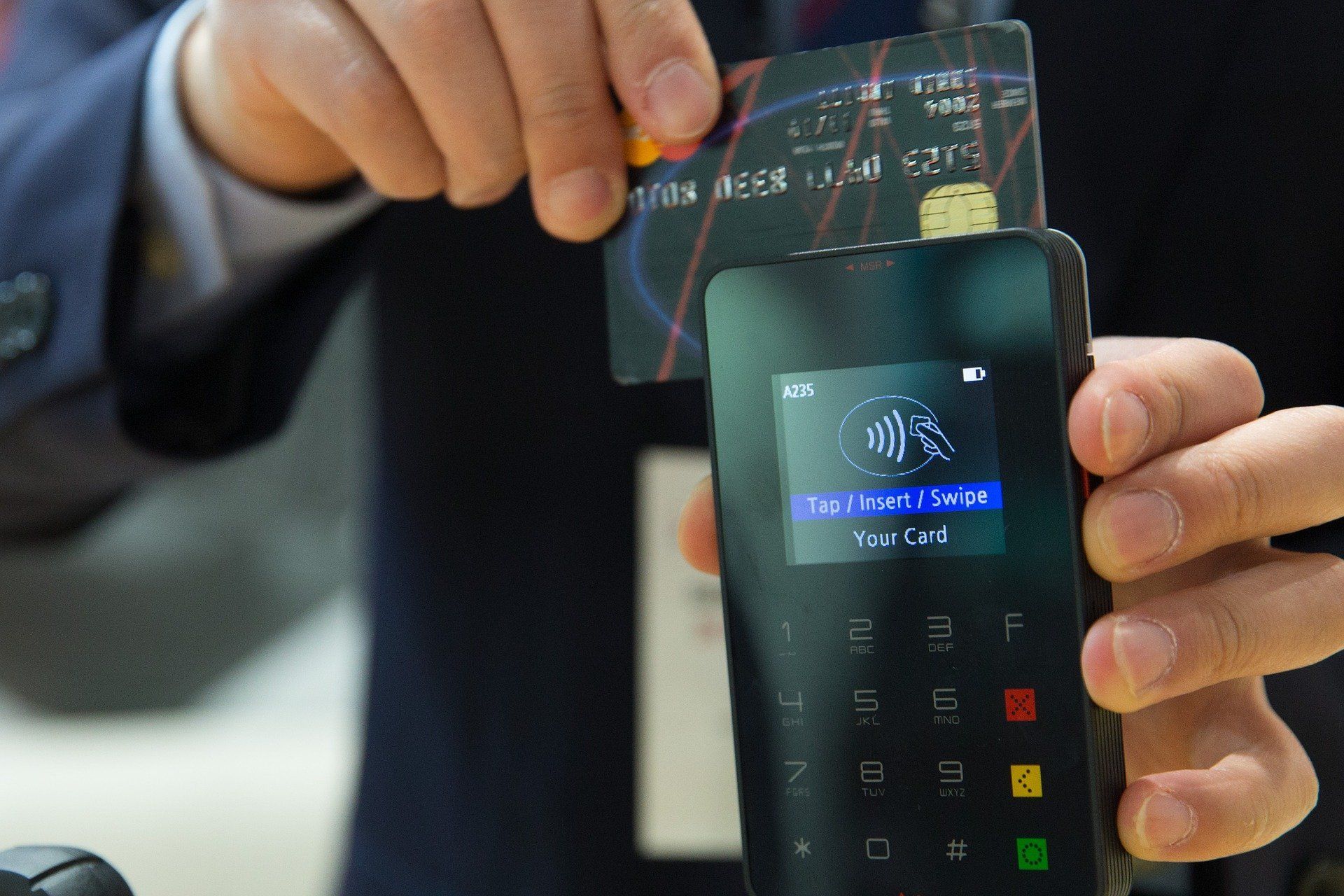In our recent study titled the Perceptions and Understanding of Money — 2020, we aimed to better understand how Americans feel about the future of physical cash. Here’s what we found.
From “cash is king” to “cash out”?
There are a few phrases long-ingrained in popular culture which are ringing increasingly hollow these days. The truisms “cash is king” and “it’s all about the Benjamins” are beginning to feel a bit retrograde in an increasingly digital payment landscape. A 2020-ready update of such phrases might go something like “it’s all about the Bitcoins”, or “tap and go payment is king”.
OK, the catchphrase needs work, but the fact remains that consumers are warming to the idea of a marketplace without cash.
Americans expect a cashless future…
Only 26.8% per cent of our respondents believe that society will be using physical cash in 100 years. Another 25 per cent stated that they weren’t certain enough to predict the future of cash. That leaves nearly half of respondents, who believe that society will be completely cashless in the matter of a century (and perhaps long before then). Trends suggest that their feeling is more than mere speculation.
The New York Times points to several signs that “Our cash-free future is getting closer”. Citing heightened germ consciousness caused by the COVID-19 pandemic as the catalyst, NYT notes widespread behavioral changes that fall in line with a cashless society, and which may be here to stay.
Consider that a customer who pays with cash (and possibly coins) must touch money with unknown origins, hand that money to another individual, re-touch bills or coins in the case that they overcounted, and perhaps accept new bills or coins (also of unknown origin) if they are given change. This sequence contains several possible points of infection, and a cashier could experience this recurring scenario countless times in a single hour, let alone a day.
Alternatively, you could take your sanitized debit or credit card from your (also sanitized) wallet, place the card within scanning distance of an RFID-enabled card reader, and go about your day without ever touching a bill or coin.
It’s not difficult to see which process—from a germ-avoidance standpoint—is preferable.
Though some have argued that COVID-19 has been a swift kick in the butt for the movement towards cashlnessness, the trend was underway long before “corona” became a hair-raising term.
A 1995 report published by the Federal Reserve Bank of St. Louis touched on many of the realities we are seeing come to fruition today. This includes businesses going cashless in the name of security (deterring robberies), the advent of uber-convenient electronic payment mechanisms such as apps, and even “forms of electronic money…outside the established network of banks, checks, and currency overseen by the Federal Reserve” (like cryptocurrencies?).
In other terms, the prediction that society will not use physical cash as we know it today is not a crazy one to make. In fact, it could be the safe bet.
…But Americans don’t necessarily want a cashless future (yet)

Only 24.8 per cent of respondents to our 2020 survey believe the U.S. government should replace physical cash with a digital-only dollar. The majority of respondents (60 per cent) are against the idea, while just over 15 per cent of those polled do not have a firm stance on the issue.
In other words, the movement towards a cashless society may not be as voluntary as some might suggest. Just because most Americans believe that society will be cashless in 100 years does not mean they are happy about it. Concerns that may cloud the prospect of a digital-only dollar include:
- The potential for a digital-only dollar to be more centrally-controlled, manipulated, and confiscated unjustly than cash and other alternatives;
- The general principle that all eggs should never be in a single basket, and that choice among currencies and other stores of value is vital to a healthy economic marketplace; and
- Concerns about privacy invasion by those who would have control over such a digital-only dollar.
But wait…
Despite these concerns and considerable remaining skepticism, only 13.3 per cent of respondents to our 2019 survey supported a digital-only dollar. By comparison, it seems that public sentiment is migrating towards a digital-only currency.
Additionally, the number of respondents who opposed a digital-only dollar dropped from 76.2 per cent in 2019 to only 60 per cent in 2020. Whether it is the effect of pandemania or other factors at play, it appears that those who support a society without cash are making headway.
Marco Streng is the CEO and co-founder of Genesis Group and Genesis Mining, one of the largest crypto mining companies in the world. Prior to co-founding Genesis in 2013 and becoming an impassioned advocate for blockchain technology and cryptocurrencies, Marco studied mathematics at the Ludwig-Maximilian University of Munich.






